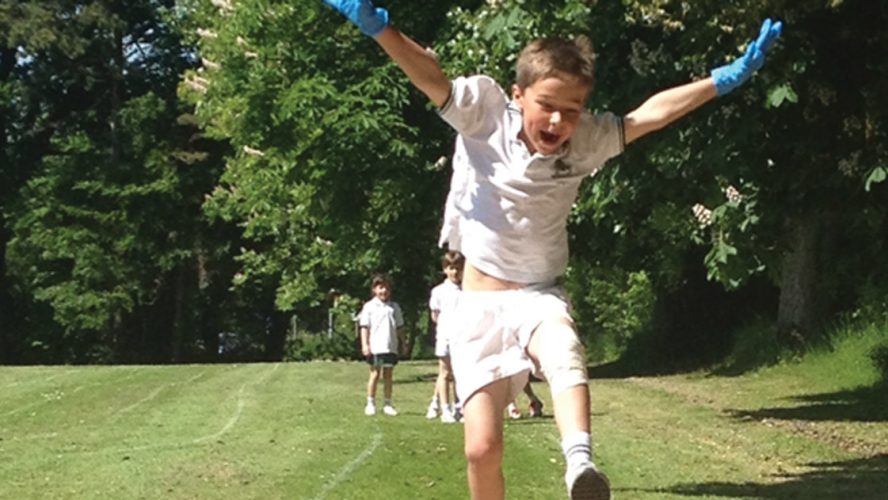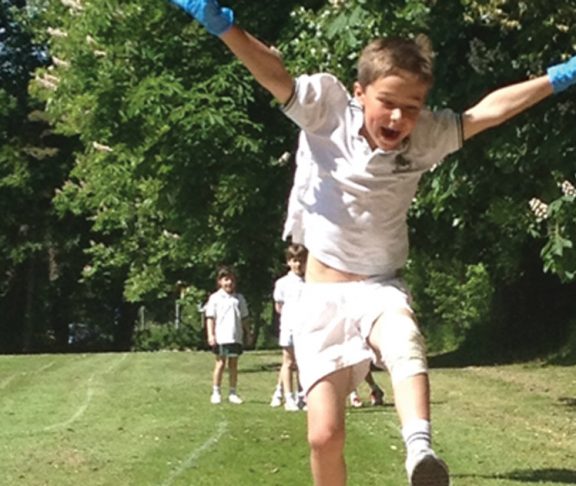Deborah Lowe talks about how her family overcomes the challenges posed by her son Henry’s primary immunodeficiency disorder.
Henry first became ill aged 5 months with what was believed to be a mild lung infection. But he deteriorated rapidly and was transferred to the intensive care unit in a critical condition. Whilst in hospital, Henry’s grandparents noticed that his symptoms were similar to those of their son who had died 25 years earlier, aged one, of a rare genetic condition. This was a vital breakthrough for the medical team, who went on to diagnose Henry with a primary immunodeficiency disorder.
Managing a primary immunodeficiency disorder
Henry was placed in an isolation unit where he received lifesaving treatment. He now needs weekly infusions of immunoglobulins and medications for the rest of his life to maintain his immune system.
Henry is now nine years old and despite being vulnerable to what could be life-threatening infections, his mum Deborah says he leads a full and active life and loves rugby, cricket and golf. “Henry manages the illness by having an infusion of immunoglobulins once a week, they take about an hour each time. He’s used to it now; he’s even had his treatments at school and when on family holidays. We don’t focus on the condition but instead adapt and manage risks to enable him get on with his life. It is a life limiting condition but that does not mean that it has to impinge on what he considers to be a normal social life and childhood.”
Support structure is key to success
The family has leant on a network of healthcare professionals to overcome difficult challenges. “Henry starting school was a massive step for us and one of our biggest challenges,” Deborah says. “Putting him in a school environment and entrusting your child’s health and wellbeing to the teachers and carers was a very difficult decision, it was really important to us that they understood the risks and how to help him in this new environment and social group.
Primary immunodeficiency disorders affect more than 5,000 people in the UK. It can be challenging to live with, but people can and do live with these challenges. If they are treated promptly and well they can live normal, productive lives.
“Working together we have put measures in place to keep him healthy and safe and Henry’s school has been incredibly supportive to us as a family. In acknowledging his healthcare needs Henry has a full-time carer who manages the school environment to keep it as sterile as possible. Henry is now able to access education equivalent to his peers.”
Providing once in a lifetime experiences
This support meant that the family could go on a dream trip to Florida. “The key to success is having an underlying support structure and professional advice,” Deborah says. “There’s very few people who can advise about the condition so it’s good to be able to draw on other people — parents, support groups and experts. It’s really important that we share and learn from the experiences of others, especially so in the early years when, like us, parents can become anxious about the difficult decisions, choices and responsibilities they have in caring for their child and managing the condition.”


